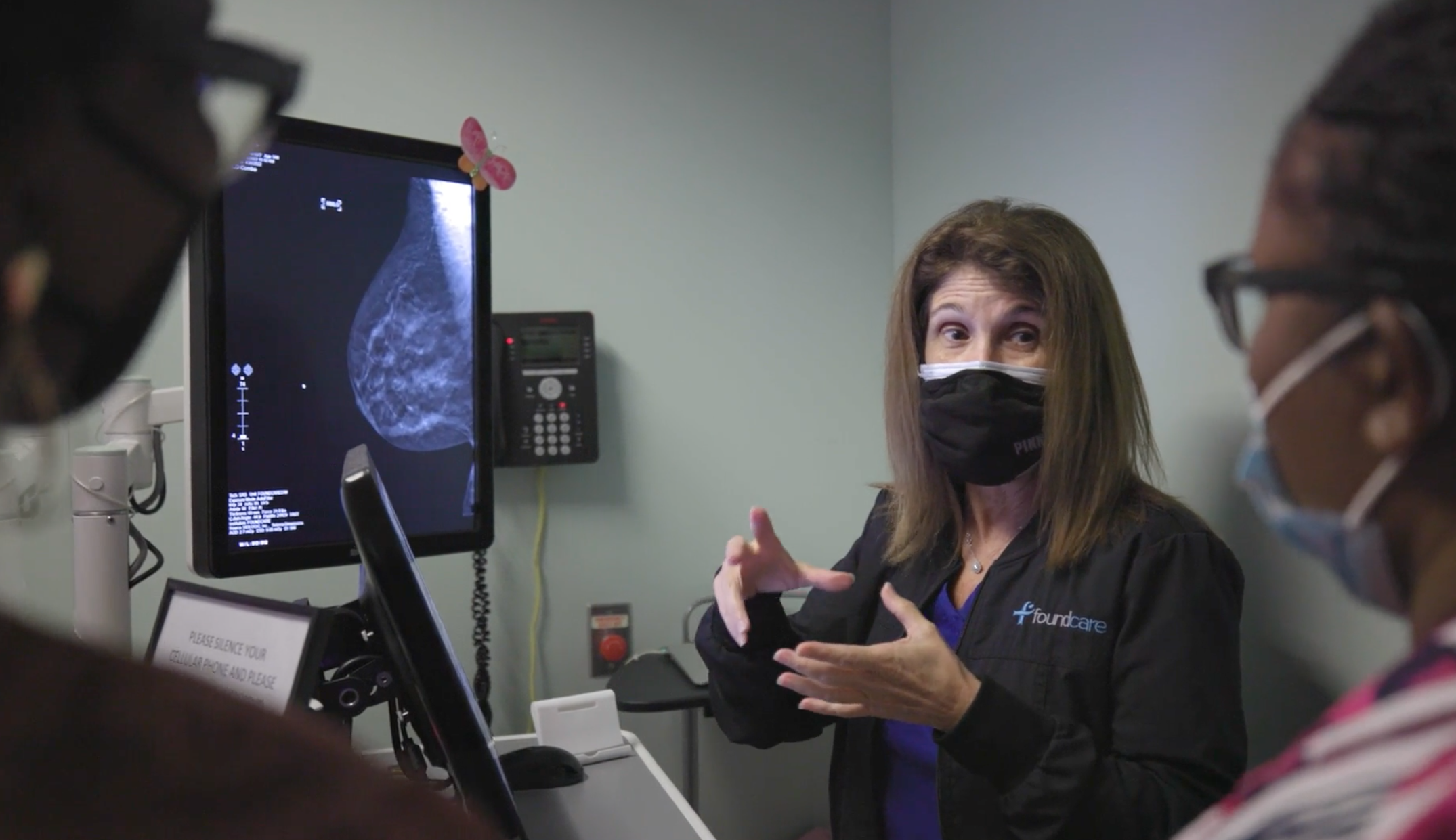It’s well established that health disparities disproportionately impact women of color in the U.S. In case you need a reminder, take a look at these staggering numbers: Hispanic women are 40 percent more likely to be diagnosed with cervical cancer and 30 percent more likely to die from the disease than non-Hispanic white women, and the breast cancer mortality rate is 40 percent higher among Black women than white women.
One reason for these disparities is the lack of access to healthcare, especially preventive care. Palm Beach County, for example, has a significant population of Hispanic and Haitian women who face linguistic, transportation, financial, and immigration hurdles to receiving health services. For these underserved women, the idea of getting a routine breast or cervical screening is unthinkable. But a growing partnership that brings together the nonprofit, government, and private sectors is making the unthinkable a reality across Palm Beach County.
The nonprofit organization Promise Fund of Florida receives grants from key donors like Hologic, the global medical technology leader that champions women’s health, and then uses that money to support the salaries of crucial healthcare professionals called patient navigators.
At FoundCare, Caridad Center, and other nonprofit clinics that work with Promise Fund to provide free or discounted medical services, patient navigators like Kettly Laybonne and Aydeivis Jean-Pierre Lafargue Leon guide women through every step of the healthcare process – from making appointments and arranging transportation to explaining the benefits of each disease screening, going over test results, and scheduling follow-up care as needed. These navigators form unique relationships with patients by not only speaking in their native languages but also by building trust through shared cultural experiences.
Using patient navigators, Promise Fund and its clinic partners have helped about 20,000 women receive preventive care in the past year – and the goal is to double that number in the coming year. We met with some of these patient navigators to see the profound and lasting impact they have had on the lives of the patients they’ve worked with, and to understand how this innovative program could be the model to help women all across the country get access to lifesaving healthcare.









